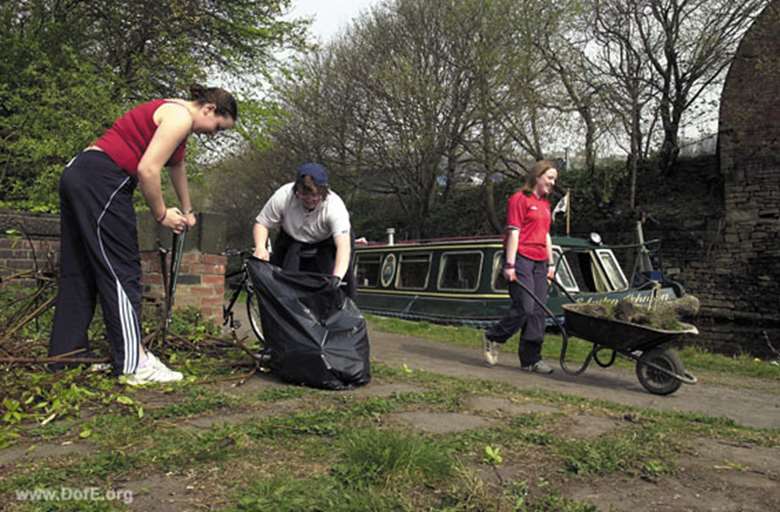Socio-economic gap in youth social action participation narrows
Adam Offord
Tuesday, November 29, 2016
Young people from disadvantaged backgrounds are still taking part in less social action than their more affluent peers but the gap is narrowing, research has found.

The findings from Step Up To Serve's third National Youth Social Action Survey shows that in 2016, 40 per cent of 10- to 20-year-olds from the least affluent backgrounds took part in "meaningful" social action compared with 49 per cent of young people from the most affluent backgrounds. ?
The first National Youth Social Action Survey in 2014, showed that 31 per cent of young people from the least affluent backgrounds took part in meaningful social action compared with 51 per cent from the most affluent backgrounds.
This means the gap has closed from 20 percentage points two years ago to nine percentage points this year, the research said. ??
Step Up To Serve defines meaningful social action as participating at least every few months or a one-off activity that lasts more than a day.??
Speaking to CYP Now, Emily Dyson, evidence and strategy manager at Step Up To Serve, said there could be many reasons why the gap has narrowed and that more analysis of the results was needed.
"We are calling for our partners from across the different sectors to take action and aim to get more young people from disadvantaged backgrounds involved," she said.
"[We] will be producing a more substantial report early next year to focus in on how we can use the data we have collected to inform different ways of getting different people from disadvantaged backgrounds more involved."
Additional findings from the study, carried out by Ipsos Mori, found that 42 per cent of 10- to 20-year-olds took part in meaningful social action this year, and those who participated reported higher levels of life satisfaction.
The research also found that encouragement and support from teachers, parents and friends is a "critical factor" in getting young people involved in social action, with 69 per cent of participants getting involved through school or college and 60 per cent being encouraged by their teachers.
However, the research also found that participation in youth social action programmes - defined as participation in youth social action through a charity, uniformed youth group, development programme or full-time volunteering - also varies with family affluence.
The findings were gathered from face-to-face interviews with 2,082 young people and applied across the population of 10- to 20-year-olds. ??
Sophie Livingstone, chief executive of City Year UK, said: "Taking part in such activity enables young people to enhance their skills and knowledge to lead change in their own communities, and develop the skills and aptitudes they will need for the world of work."




